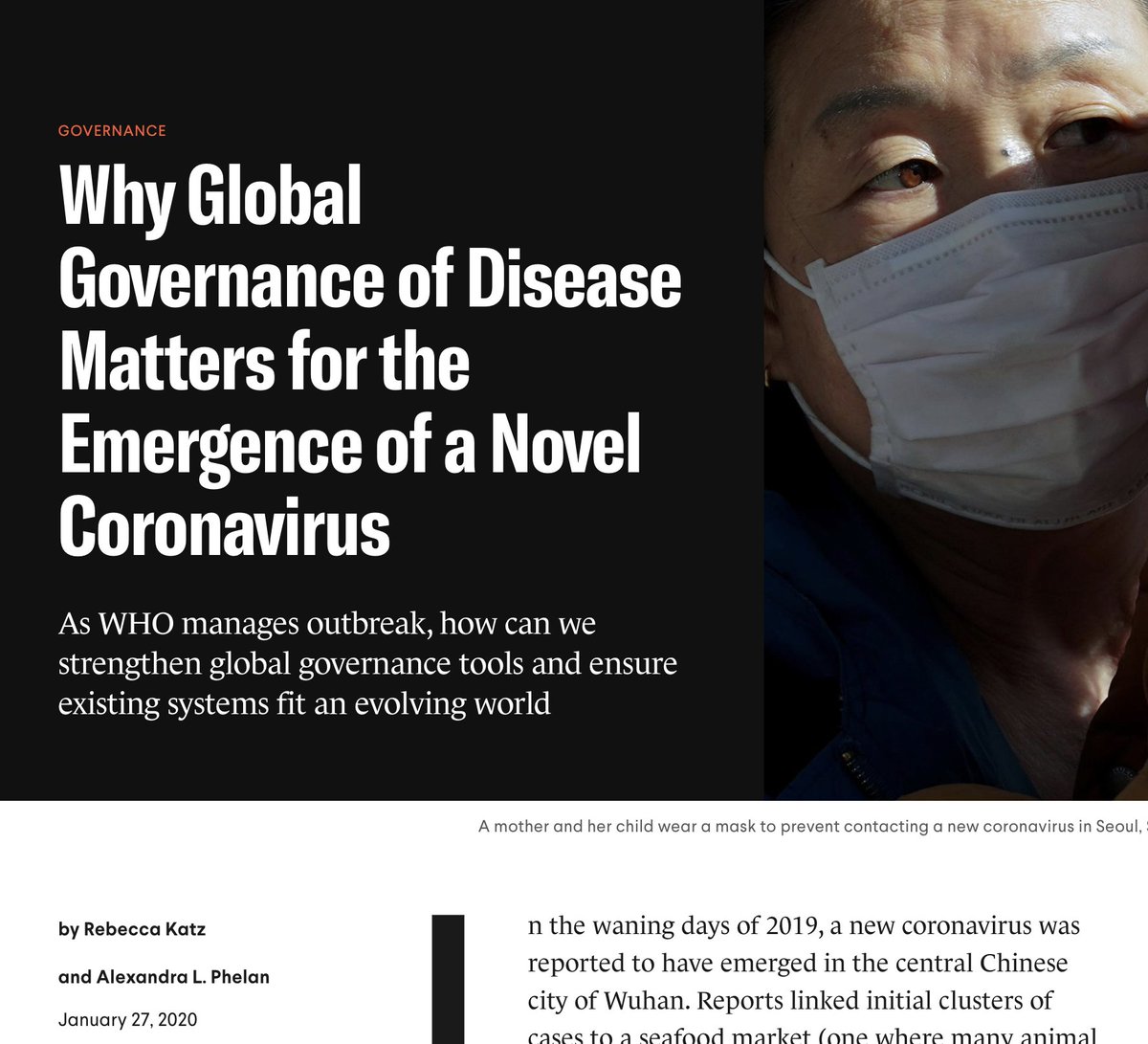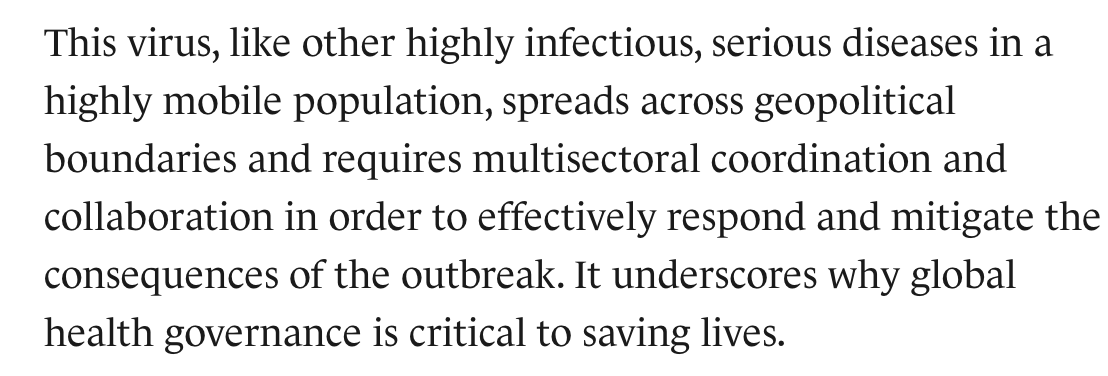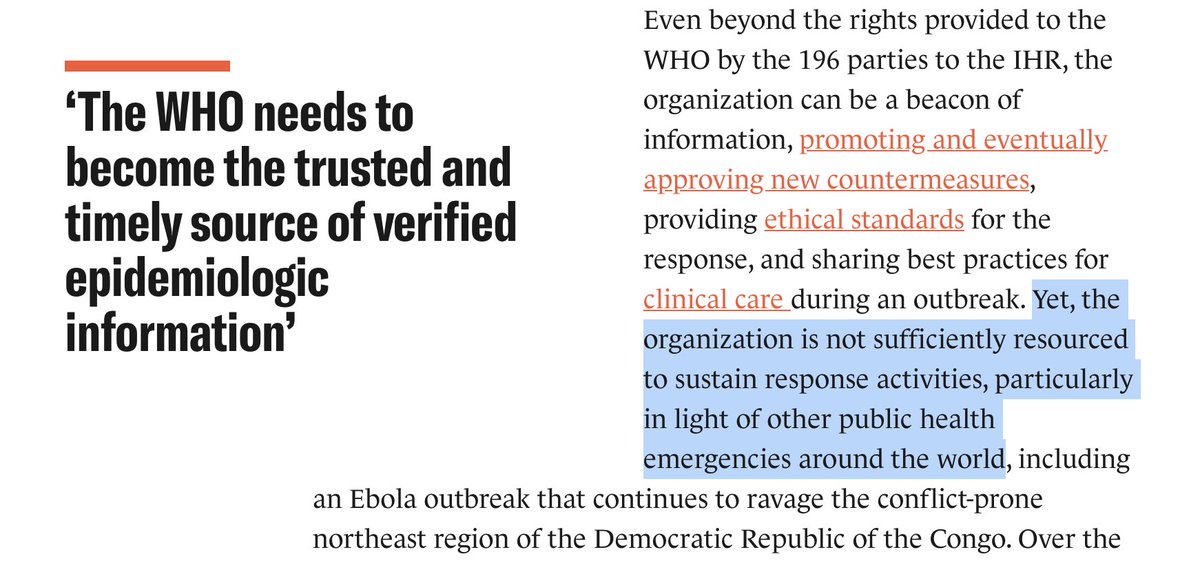
Unofficial reports so far state that the subtype is H5N8 – this would be a novel influenza subtype in humans.
The IHR require immediate reporting of *any* novel human influenza subtypes as potential PHEICs, no matter how serious.
The IHR require immediate reporting of *any* novel human influenza subtypes as potential PHEICs, no matter how serious.
https://twitter.com/alexandraphelan/status/1363098519117193216
Since 2020, there has been a global H5N8 outbreak among bird populations – wild birds and poultry. Cases have been reported in Saudi Arabia, Russia, Kazakhstan, Netherlands, Germany, Denmark, UK, France, Sweden, India, Japan, Norway, South Korea.
e.g. Estonia's 17 Feb OIE report
e.g. Estonia's 17 Feb OIE report

We may have just seen the leap occur from animals to humans here because of the nature of the human/animal interactions in this poultry farm, or there may be something genetically distinct. We need sequencing to know this.
So for a more accurate risk assessment, we need:
- genetic sequence data
- poss. pathogen samples (but Russia has H5 ref lab)
- epi data on the cluster (ongoing to assess transmission)
- clinical data from the cluster (ongoing as this is novel in humans, we don't know severity)
- genetic sequence data
- poss. pathogen samples (but Russia has H5 ref lab)
- epi data on the cluster (ongoing to assess transmission)
- clinical data from the cluster (ongoing as this is novel in humans, we don't know severity)
The Reuters article has been updated with some critical details. Notably, cases apparently mild & the human outbreak was in Dec but is only just being reported now. 

There's a chance there was earlier notification to WHO (Art 11 confidentiality) but it appears that this delay in reporting to WHO is inconsistent w binding IHR obligations.
If so, it shows why some countries don't report if they think they can get an outbreak under control.
If so, it shows why some countries don't report if they think they can get an outbreak under control.
• • •
Missing some Tweet in this thread? You can try to
force a refresh








